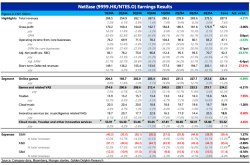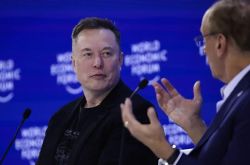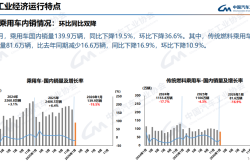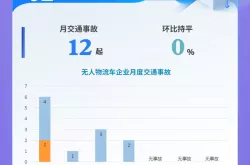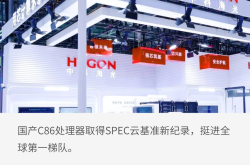Ouster of Tesla's Trusted Executive Highlights Company's Challenges
![]() 06/27 2025
06/27 2025
![]() 789
789
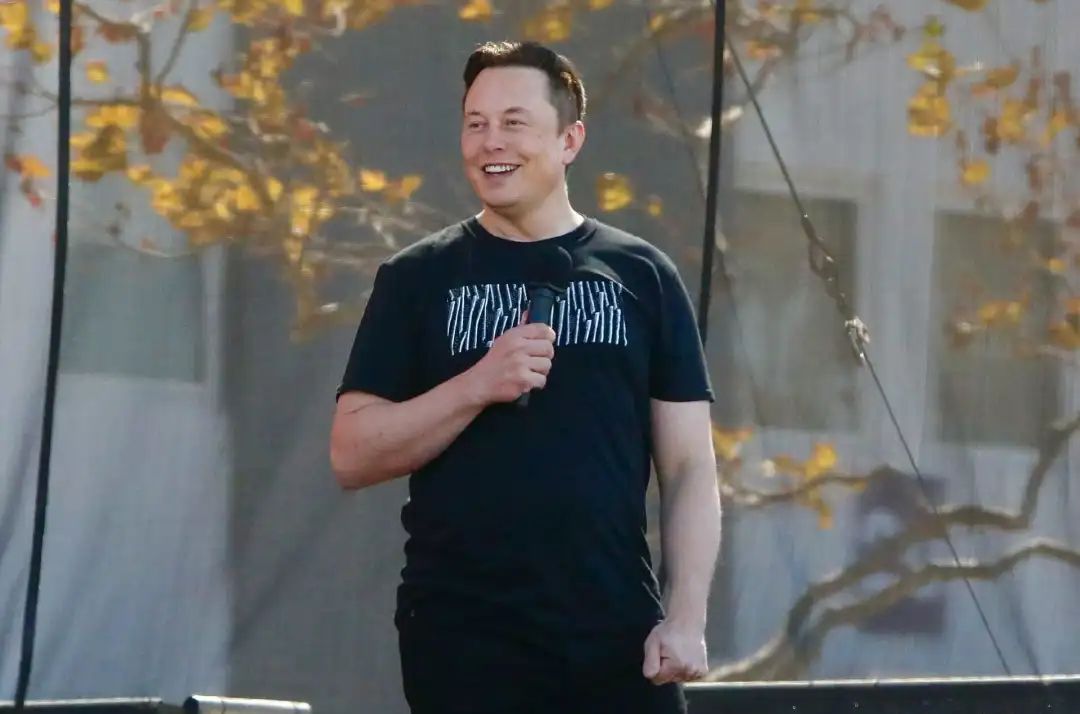
Sales Performance Takes a Hit
Author | Wang Lei
Editor | Qin Zhangyong
With a renewed focus on automotive operations, Musk has embarked on addressing the company's issues head-on.
Reuters recently reported that Omead Afshar, who headed Tesla's operations in Europe and the United States, has resigned from his position.
Currently, Afshar is no longer listed in Tesla's internal contact directory, and several executives who previously reported to him have shifted their reporting lines to Zhu Xiaotong, Tesla's Senior Vice President of Automotive Business.
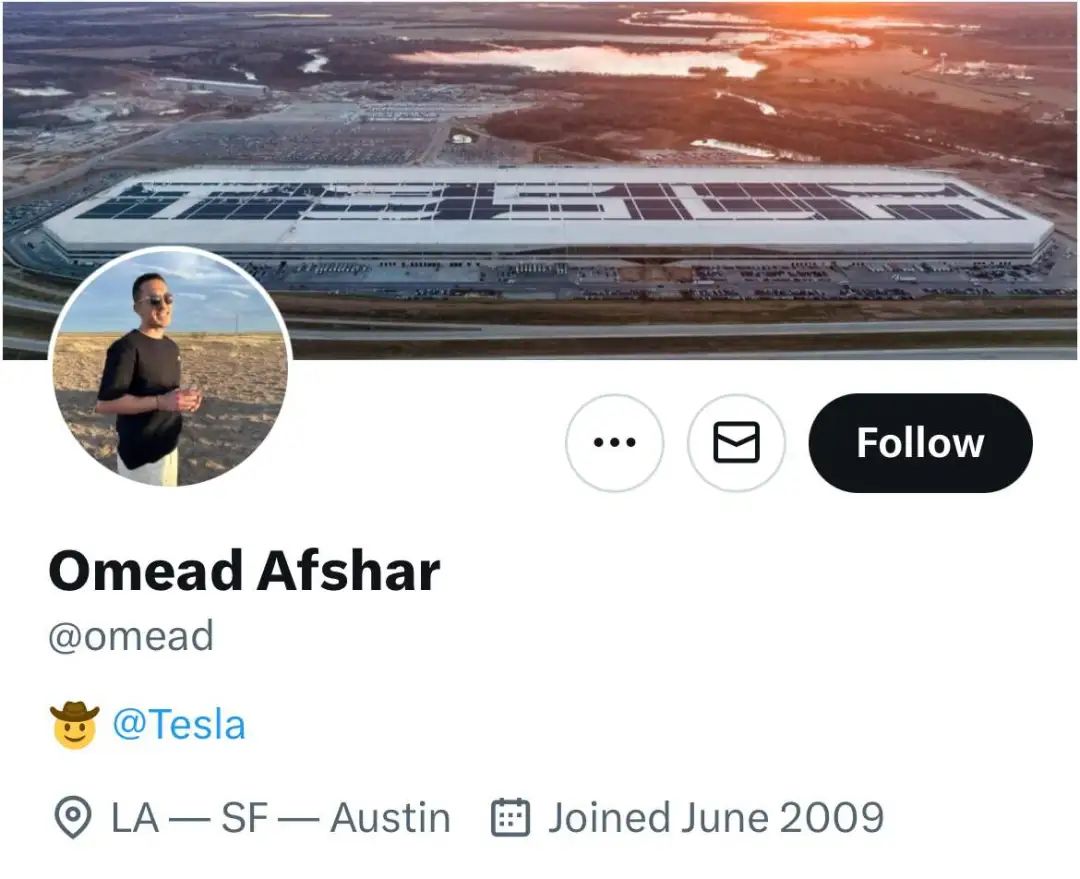
Unlike other executives, Afshar was one of Musk's most trusted deputies, having been promoted from a regular project manager to oversee sales, production, and operations in Tesla's two core markets: North America and Europe.
However, the recent performance in these markets has been disappointing, leading some overseas media to interpret Afshar's departure as a dismissal by Musk.
It seems that even trusted executives cannot escape accountability for underperformance.
01 End of a Close Relationship
Prior to this, Matthew LaBrot, a mid-level sales manager at Tesla who was fired for criticizing his superior, commented on Afshar: "Afshar had always been closely associated with Musk until he was promoted to head sales and manufacturing in North America and Europe."
In fact, his career trajectory under Musk clearly demonstrates Musk's high regard for him.

According to Afshar's LinkedIn profile, he joined Tesla in 2017 as a member of the CEO's office, serving as a project manager during Tesla's challenging period of ramping up Model 3 production. In 2024, he tweeted on the X platform, recalling: "During the Model 3 hell period, I was with Elon almost every day, including holidays and his birthday; I almost missed his brother's wedding."
Later, Afshar accompanied Musk to the Shanghai manufacturing plant in 2019 and was promoted in 2020, moving to Texas to oversee the construction of the Austin Gigafactory.
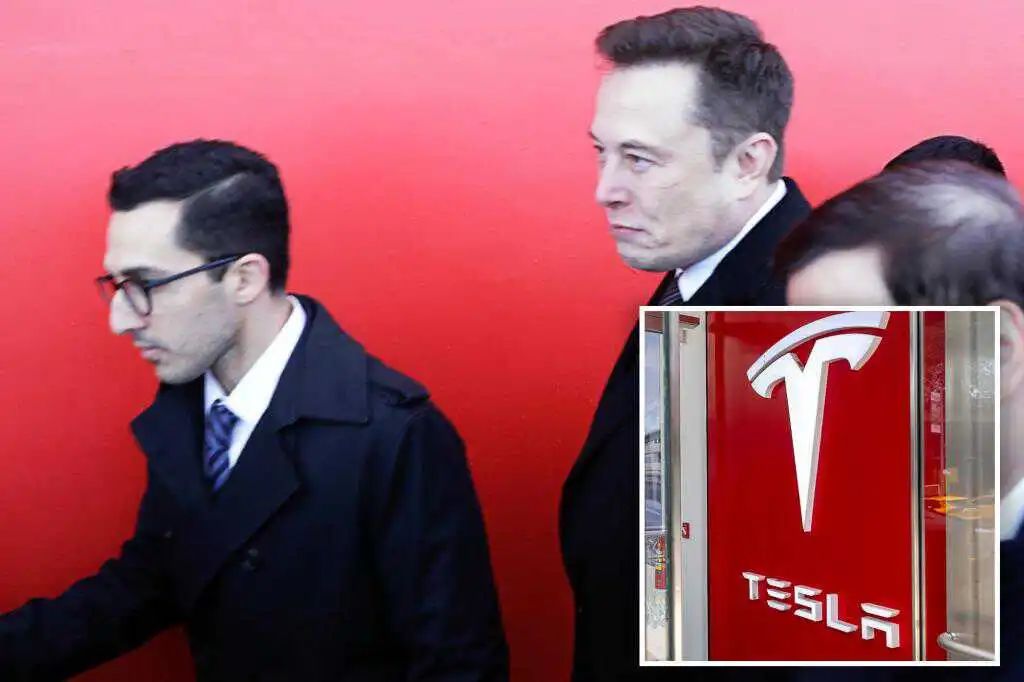
By the end of 2022, he moved to SpaceX, another company under Musk's business empire, for "further study" as the Vice President in charge of "Starship" production, marking another significant promotion.
After just a year, he returned to Tesla in early 2024 and was appointed head of Tesla's operations in North America and Europe in October of that year, reporting directly to Musk. His direct subordinates at the time included the Vice President of Sales and Service in North America and the Manufacturing Director of Tesla's Texas factory, solidifying his position within Tesla's core leadership.
Moreover, sources indicate that he was also involved in Musk's acquisition of Twitter from 2022 to 2023 and briefly worked there post-acquisition, responsible for implementing large-scale cost-cutting measures.
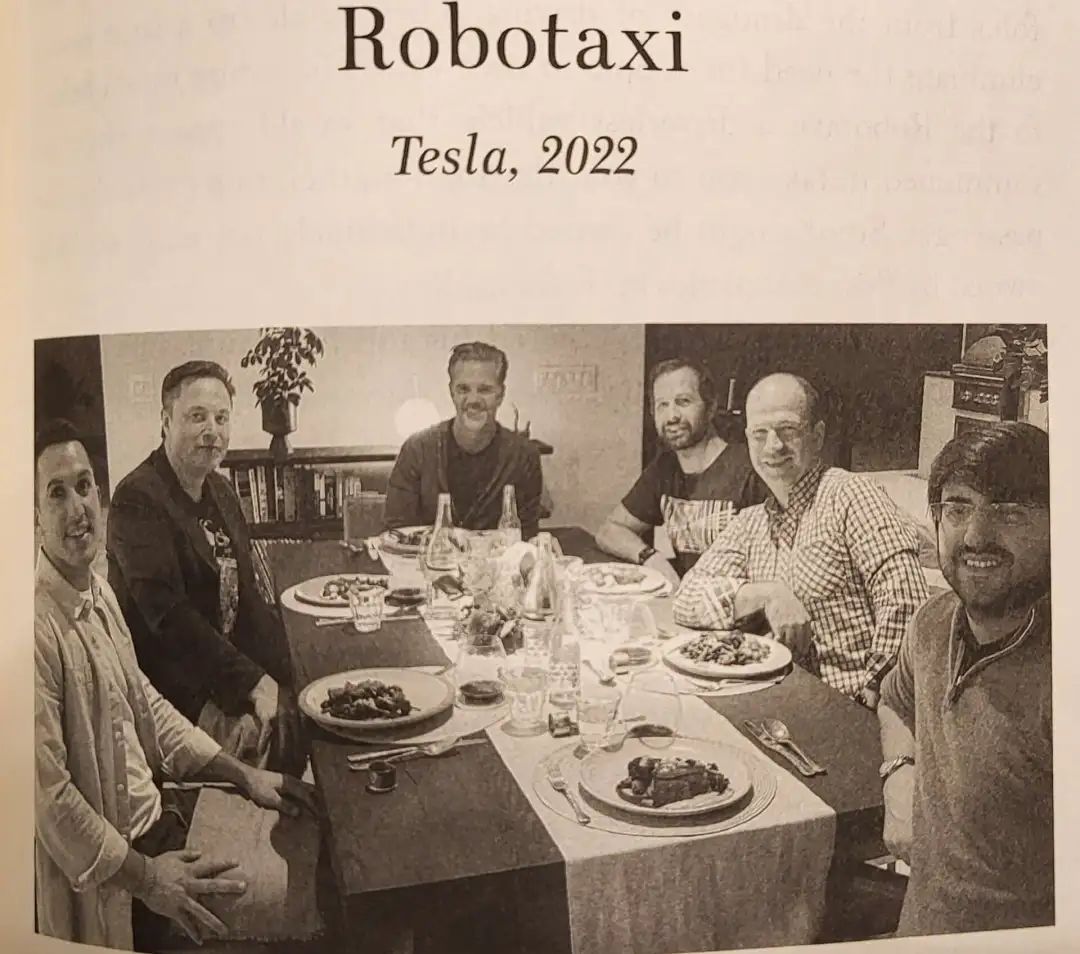
Clearly, from the moment he joined Tesla, Afshar had a close relationship with Musk, moving wherever needed.
As for the reason behind his departure, the specific cause remains unclear, and Afshar's next move is also unknown. He has not responded on the X platform, and his latest position on LinkedIn is displayed as a "cowboy hat" emoji.
However, on Monday, Afshar commented on Tesla's Robotaxi trial operations on the X platform, calling it "an absolutely historic moment" and not forgetting to thank Musk.
Some speculate that the resignation is related to his position and a direct response to organizational adjustments triggered by sluggish sales in European and American markets. Matthew LaBrot stated that Tesla is facing immense internal pressure from declining sales, with Europe experiencing particularly severe declines.

Moreover, Afshar is not the only executive to leave. Recent executive-level turbulence at Tesla has been quite frequent.
Leaving alongside Afshar was Jenna Ferrua, who served as the Director of Human Resources for North America and was also confirmed to have resigned. Ferrua had long served as Afshar's direct HR advisor.
Not long ago, Milan Kovac, the engineering lead for the Optimus humanoid robot project, also announced his resignation, citing family reasons. Executives responsible for the battery business have also departed, including Drew Baglino, head of batteries and powertrains, and Vineet Mehta, head of battery architecture.
Earlier, former Supercharger head Rebecca Tinucci and Global Public Policy Director Rohan Patel also resigned.
02 Tesla's Sales Woes
The frequent personnel changes at the management level also reflect the downward trend of Tesla's business.
On June 25, the European Automobile Manufacturers Association released data showing that Tesla's new car registrations in Europe in May were 13,863, compared to 19,227 in the same period last year, marking a year-on-year decline of 27.9%.
In stark contrast, European car sales increased by 1.9% year-on-year to 1,113,194 in May.
Extending the time frame to the past five months, Tesla's registrations within the EU plummeted from approximately 91,996 in the same period last year to approximately 50,413, a year-on-year decrease of up to 45.2%.
Including countries in the European Free Trade Area such as the UK, Switzerland, and Norway, Tesla's sales in the entire European region still declined by approximately 37.1%.
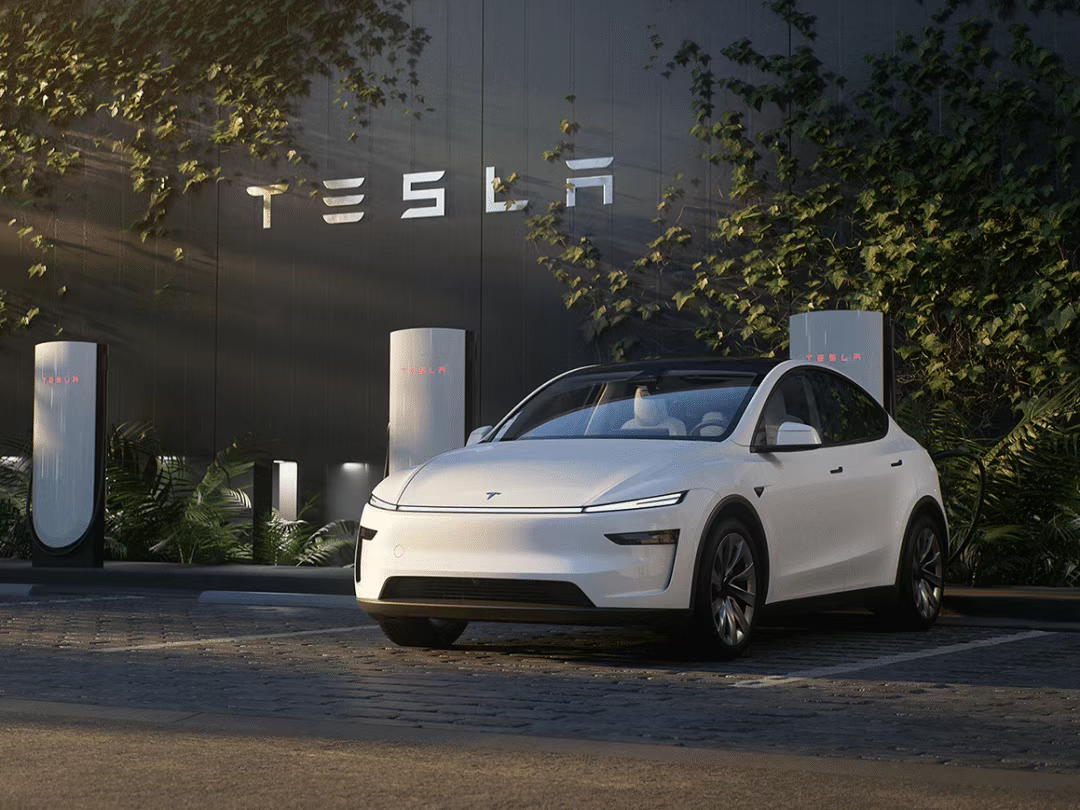
Sales have been declining month after month, and this is indeed the case. In May, Tesla's sales in Europe declined for the fifth consecutive month. Over the past five months, Tesla's monthly sales have plummeted by as much as 52.6% year-on-year. In April, Tesla registered only 5,475 vehicles in Europe.
Moreover, in April, BYD surpassed Tesla in the number of electric vehicles sold in Europe for the first time. According to data from market research firm Jato Dynamics, BYD registered sales of 7,231 electric vehicles in April, an increase of 169% year-on-year.
This has propelled BYD into the top ten brands in electric vehicle sales, while Tesla's registered sales fell by 49% during the same period, pushing it down one spot in the rankings.
It's not just Europe; the situation for Tesla in the North American market is equally grim. Sales and market share have declined in Tesla's home market of the US. According to China Securities International, Tesla sold 39,900 vehicles in the US in April, a month-on-month decline of 20%. In the first four months of 2025, Tesla sold approximately 174,000 vehicles in the US, a year-on-year decrease of 9.4%.
Dragged down by its automotive business in Europe and the US, Tesla's profits plummeted by 71% year-on-year in the first quarter of this year. The company delivered 337,000 new vehicles in the first quarter, the lowest level since the second quarter of 2022.
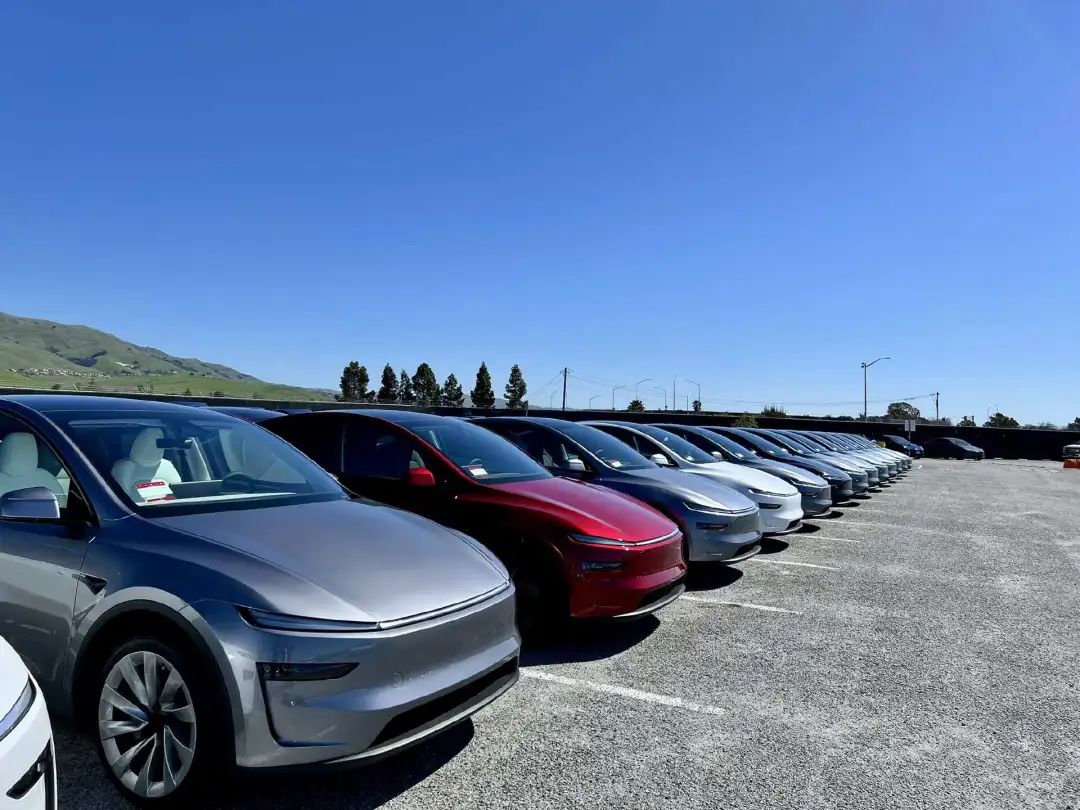
It is worth mentioning that when Musk appointed Afshar as the head of sales and manufacturing operations in North America and Europe, it was amidst declining demand for electric vehicles. Musk made significant adjustments to Tesla's operations in these regions, leading to Afshar's appointment.
Now, in a similar situation, the outcome is completely different.
However, Tesla's current situation is unlike its previous declines in overseas markets while the Chinese market remained strong. This time, Tesla has seen significant declines in both overseas and Chinese markets.
Data from the China Passenger Car Association shows that Tesla's electric vehicle sales in China declined by 15% year-on-year in May, with a total of 61,662 vehicles sold. This marks the eighth consecutive month of year-on-year declines in the Chinese market for Tesla.
Unlike overseas sales, which may be affected by intangible factors such as Musk's political stance, Tesla's decline in the domestic market has clear and traceable reasons:
Domestic competitors are seizing market share with lower prices and more robust product capabilities.
In China, the Model 3 and Model Y are Tesla's "bread and butter." Since last September, numerous domestic automakers have launched electric vehicles priced between 200,000 and 300,000 yuan, directly targeting Tesla.
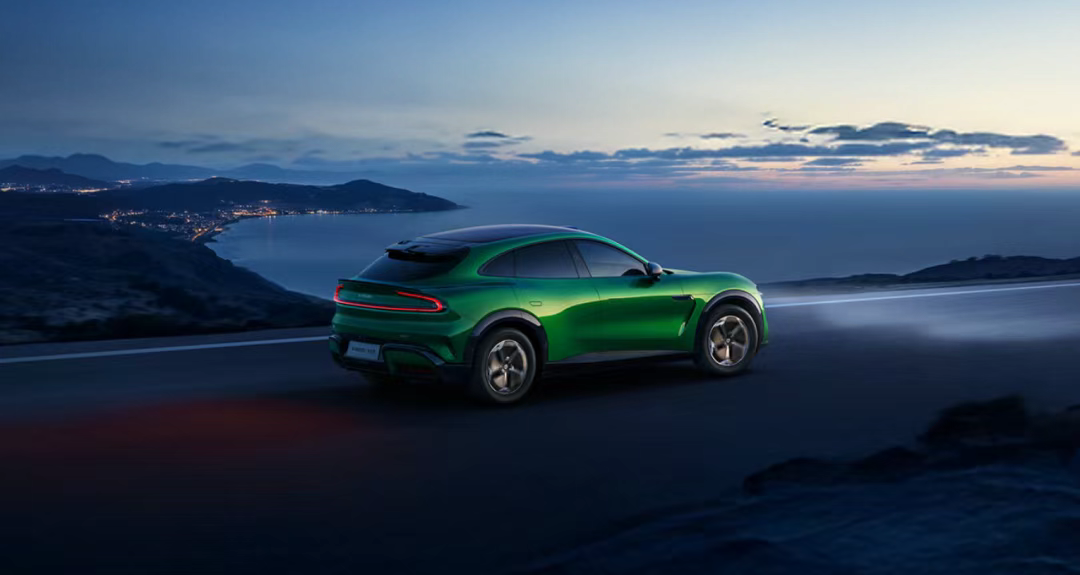
In particular, the launch of Xiaomi's first model, the Xiaomi SU7, has disrupted the Model 3's dominance since entering 2025, surpassing Tesla's Model 3 sales for six consecutive months.
In May, Xiaomi's SU7 topped the list of new energy vehicle sales over 200,000 yuan with monthly sales of 25,600, surpassing the Model Y's monthly sales of 25,100. Xiaomi has just launched the YU7, directly targeting Tesla's core Model Y.
With over 289,000 orders in just one hour, this figure has already surpassed 60% of last year's annual sales of the Model Y in China (480,000 units). The total market is constant; where there are sellers with high sales, there are inevitably sellers with low sales.
As China, Europe, and North America—Tesla's three core markets—simultaneously raise red flags, the company must confront a brutal reality: the days of unchallenged success and prosperity seem to be gone forever?

